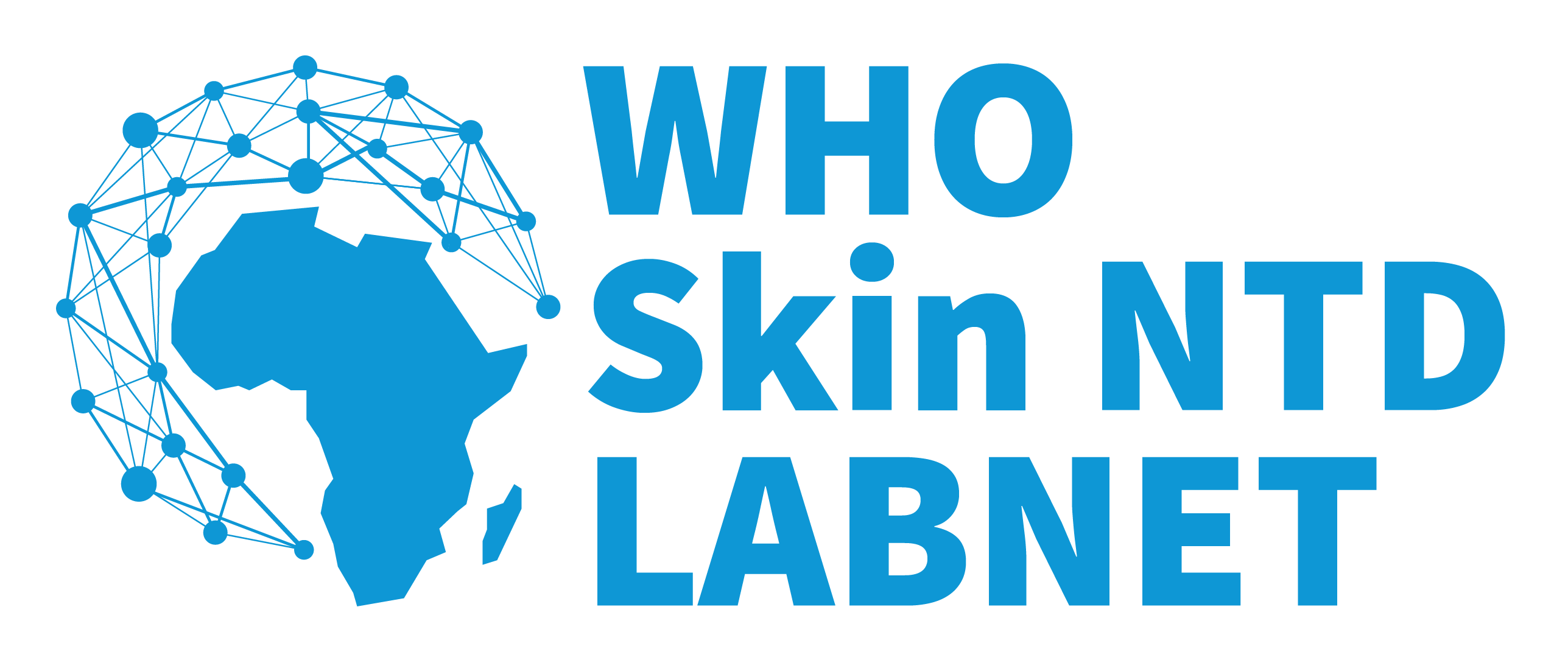
Collaboration
Enhanced collaboration among all stakeholders
Lets shake hands. A cured leprosy patient in Jaisalmer Rajasthan India
Enhanced collaboration among all stakeholders is required to achieve the 2030 NTD road map targets and defeat neglected tropical diseases (NTDs).
For more than two decades, such collaboration has been instrumental in the global scale up and implementation of NTD programmes.
Since 2012, and particularly through the London Declaration on NTDs, a motivated and exemplary private–public partnership has rallied the global partners community, and has demonstrated that collaborative and coordinated action can achieve policy facilitation, foster better opportunities to work together, and generate better outcomes. Member States, international agencies, manufacturers of pharmaceuticals, vaccines, diagnostics and insecticides, nongovernmental organizations, academia, civil society and United Nations agencies have all joined efforts to defeat NTDs.
At country level, coordination among interventions targeting different NTDs, between the NTD programme and other health programmes, and between ministries of health and other sectors are crucial to translate global policies into locally integrated services and achieve the set targets and goals, towards control, elimination and eradication of NTDs.
Defeating neglected tropical diseases through enhanced collaboration
Sustaining and embracing new partnerships can strengthen local and national health structures and systems, stimulate community engagement, improve the compliance with NTD programmes and accelerate cross-sectoral work.
The integrated approaches advocated in the new road map also show the importance of working together optimally and collaboratively in face of numerous challenges as experienced during the COVID-19 pandemic in which we are all called to do more with fewer resources.

